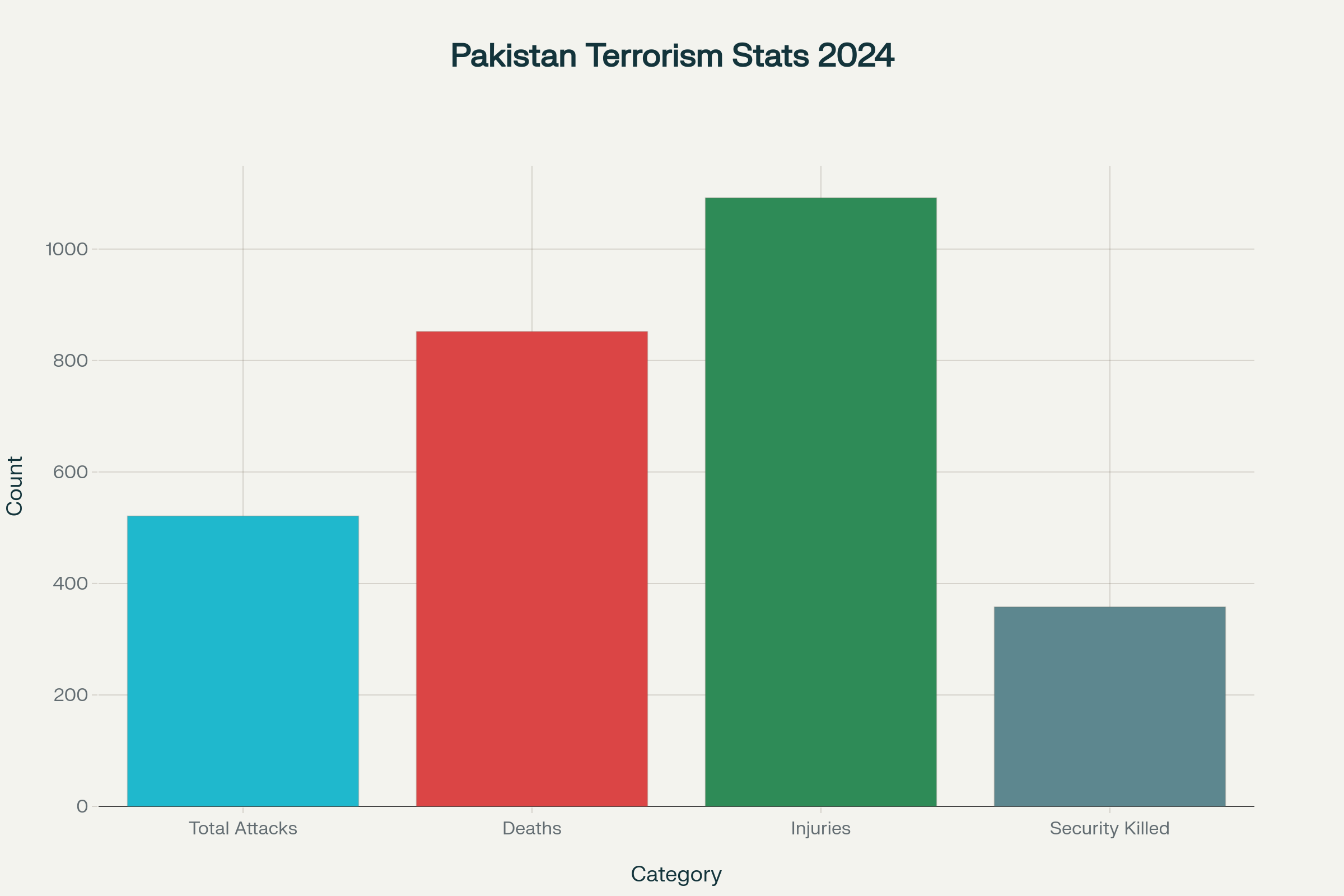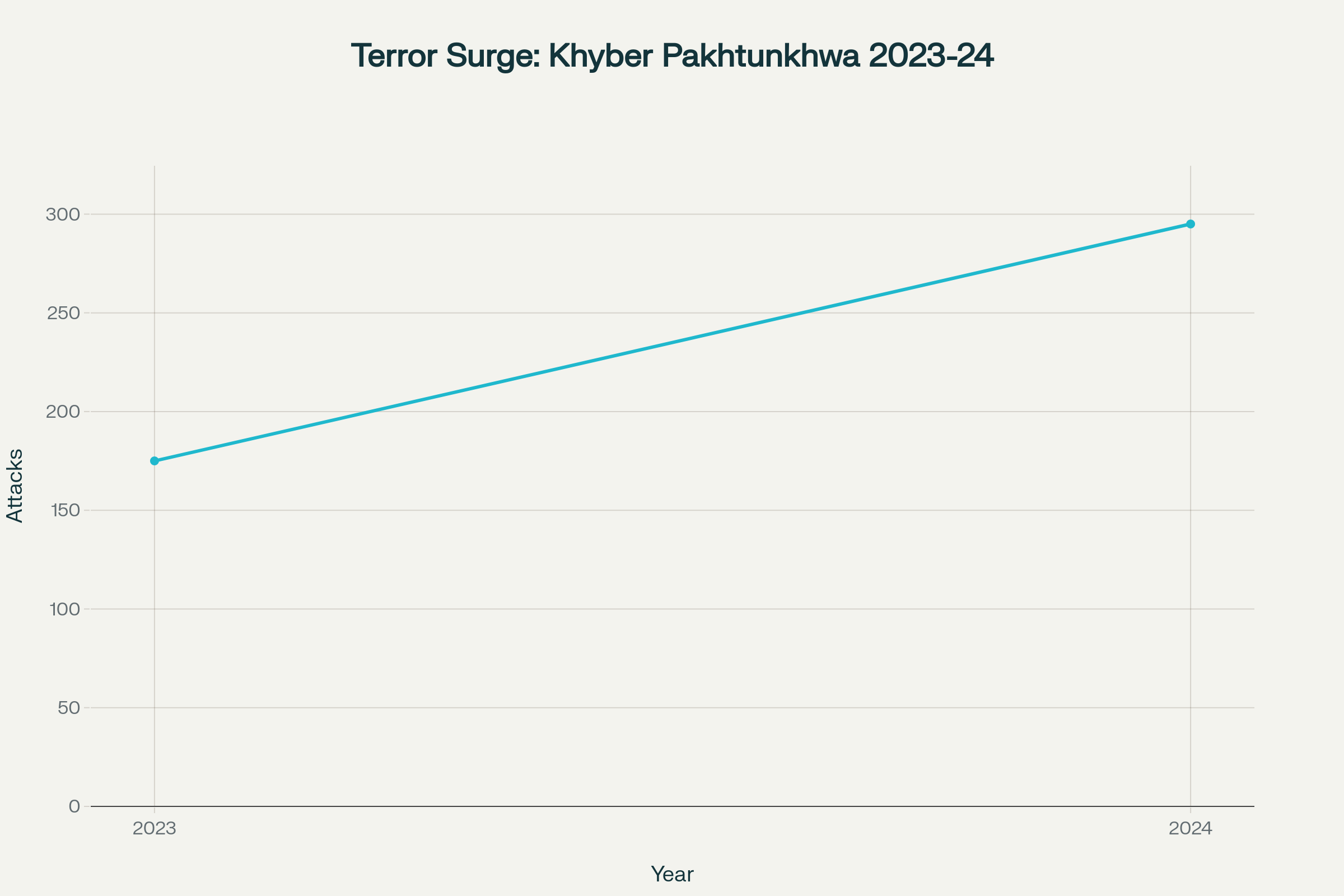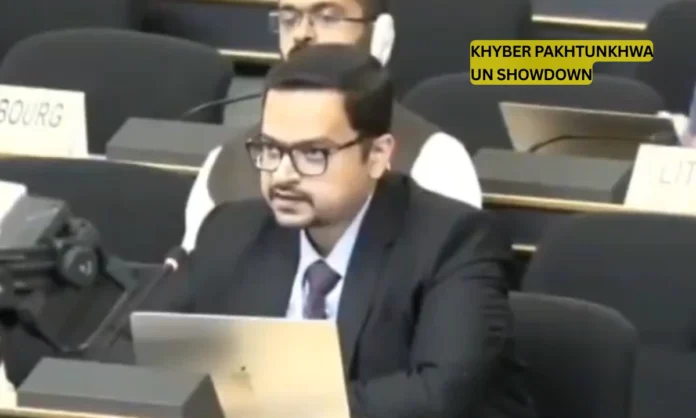Key Highlights
- India’s diplomat accused Pakistan of “bombing their own people” in Khyber Pakhtunkhwa province while misusing the UN Human Rights Council platform
- Pakistani Air Force killed at least 30 civilians, including women and children, in overnight strikes on Matre Dara village on September 23, 2025
- The diplomatic confrontation occurred during the 60th session of the UN Human Rights Council in Geneva amid rising terrorism concerns in Pakistan’s border regions
Opening Overview
India delivered a scathing diplomatic rebuke to Pakistan at the United Nations Human Rights Council, condemning Islamabad for conducting deadly Khyber Pakhtunkhwa airstrikes against its own civilians while simultaneously making “baseless and provocative” accusations against New Delhi. The sharp exchange occurred during the 60th session of the UNHRC in Geneva on September 24, 2025, just one day after Pakistani Air Force jets dropped eight Chinese-made LS-6 bombs on a village in Khyber Pakhtunkhwa province, killing at least 30 civilians including women and children.
India has strongly criticised Pakistan at #UNHumanRightsCouncil for misusing the forum with baseless and provocative statements against India.
— All India Radio News (@airnewsalerts) September 24, 2025
Speaking at the 60th Session of UN Human Rights Council, Counsellor, Permanent Mission of India in Geneva, Kshitij Tyagi, says that… pic.twitter.com/sKuEZm8PnL
Indian diplomat Kshitij Tyagi, Counsellor at the Permanent Mission of India in Geneva, accused Pakistan of exporting terrorism, harboring UN-proscribed terrorists, and conducting military operations that target innocent civilians while its economy remains “on life support”. The India Pakistan UN Human Rights Council confrontation highlights the deteriorating security situation in Khyber Pakhtunkhwa, where terrorism-related incidents have surged dramatically, prompting controversial military responses that result in significant civilian casualties.
Pakistan’s Deadly Airstrike Operations
The diplomatic confrontation stems from Pakistan’s controversial military operation in Khyber Pakhtunkhwa province, where the Pakistani Air Force conducted overnight strikes using China-manufactured JF-17 fighter jets on Matre Dara village in Tirah Valley. The Khyber Pakhtunkhwa airstrikes, which occurred around 2:00 AM on September 23, 2025, were reportedly targeting Tehreek-e-Taliban Pakistan (TTP) hideouts but resulted in significant civilian casualties. According to official reports, the precision-guided LS-6 bombs destroyed multiple houses and left devastating damage across the Pashtun-majority village. The India Pakistan UN Human Rights Council dispute centers on these deadly military operations that have drawn international condemnation for their impact on innocent civilians.
- Casualty Data: At least 30 civilians confirmed dead, including women and children, with additional injuries reported
- Military Assets Used: Eight LS-6 laser-guided precision munitions dropped from Chinese JF-17 fighter jets
- Target Rationale: Pakistani authorities claimed the operation targeted TTP bomb-making facilities and militant hideouts
- Community Impact: Local protests erupted in response to civilian deaths, with thousands demanding government accountability in nearby Swat Valley
The Pakistan Air Force operation represents part of broader counterterrorism efforts in Khyber Pakhtunkhwa province, which has experienced a 69% increase in terrorist attacks during 2024 compared to the previous year. Official security data indicates the Khyber Pakhtunkhwa province recorded 295 terrorist incidents in 2024, claiming 509 lives and injuring 517 others. The region’s strategic importance as a border area with Afghanistan has made it a focal point for militant activities, particularly involving the Tehreek-e-Taliban Pakistan and affiliated groups. The India Pakistan UN Human Rights Council confrontation emphasizes how these security challenges have led to military operations that harm civilians while failing to address the root causes of terrorism.
India’s Diplomatic Counter-Offensive at UNHRC
India’s representative at the UN Human Rights Council launched a comprehensive diplomatic assault on Pakistan’s credibility, targeting multiple aspects of Islamabad’s domestic and international policies. Kshitij Tyagi’s statement during Agenda Item 4 of the 60th UNHRC session systematically dismantled Pakistan’s moral authority to criticize other nations while highlighting its own human rights violations. The Indian diplomat’s remarks specifically referenced Pakistan’s recent bombing of its own citizens as evidence of the country’s failed governance and military-dominated political system. The India Pakistan UN Human Rights Council exchange demonstrates New Delhi’s strategic approach to leveraging international forums to expose Pakistan’s domestic failures.
- Economic Criticism: India highlighted Pakistan’s “economy on life support,” referring to recent IMF downgrades of Pakistan’s GDP growth outlook from 3.2% to 3% for 2025
- Political System Critique: Tyagi condemned Pakistan’s “polity muzzled by military dominance” and deteriorating democratic institutions
- Human Rights Record: India cited Pakistan’s “human rights record stained by persecution” while pointing to civilian casualties in military operations
- Territory Disputes: New Delhi demanded Pakistan “vacate Indian territory under their illegal occupation” instead of coveting additional territory
The diplomatic exchange occurred within the broader context of the 60th regular session of the Human Rights Council, which runs from September 8 to October 8, 2025, in Geneva. India’s intervention emphasized the Council’s mandate to remain “universal, objective, and non-selective” while criticizing Pakistan’s misuse of the platform to level unfounded accusations. The timing of India’s statement, delivered just one day after the Khyber Pakhtunkhwa airstrikes, demonstrates New Delhi’s strategic approach to highlighting Pakistan’s domestic human rights violations on the international stage. The India Pakistan UN Human Rights Council confrontation reflects broader tensions between the two nations over terrorism, human rights, and regional security.
Pakistan’s Escalating Security Crisis
Pakistan faces unprecedented security challenges in 2024, with terrorism-related incidents increasing by 70% compared to the previous year, according to the Pakistan Institute for Peace Studies. The country experienced 521 terrorist attacks during 2024, claiming 852 lives and reflecting a dramatic deterioration in internal security conditions. Khyber Pakhtunkhwa province has emerged as the epicenter of this violence, accounting for 295 terrorist incidents that resulted in 509 fatalities. The Khyber Pakhtunkhwa province’s proximity to Afghanistan has created complex security dynamics involving cross-border militant movements and international terrorism networks. The India Pakistan UN Human Rights Council dispute highlights how these security failures have prompted military responses that further violate human rights.
- Terrorist Attack Statistics: 521 total attacks in 2024 representing a 70% increase from 2023 levels
- Casualty Figures: 852 deaths from terrorism-related incidents with 1,092 additional injuries recorded
- Regional Concentration: Over 95% of terrorist attacks concentrated in Khyber Pakhtunkhwa and Balochistan provinces
- Security Force Losses: 358 security and law enforcement personnel martyred in terrorist attacks during 2024

Pakistan recorded 521 terrorist attacks in 2024, resulting in 852 deaths and over 1,000 injuries, with security forces bearing significant casualties
The Counter-Terrorism Department of Khyber Pakhtunkhwa reported that 337 law enforcement personnel were killed and 616 injured in terrorist attacks throughout 2024, with Dera Ismail Khan suffering the highest casualties at 63 fatalities. The surge in violence has been attributed to multiple factors, including the withdrawal of US forces from Afghanistan, the Taliban’s return to power in Kabul, and the collapse of official talks between Pakistan’s government and the TTP.
Intelligence reports indicate that terrorist groups are utilizing advanced weapons left behind by US forces during the Afghanistan withdrawal, creating significant challenges for Pakistani security forces equipped with less sophisticated equipment. The India Pakistan UN Human Rights Council confrontation demonstrates how these security challenges have undermined Pakistan’s international credibility and human rights record.
Regional Impact and International Implications
The escalation in Khyber Pakhtunkhwa province represents a critical challenge for regional stability, with the 69% increase in terrorist attacks from 175 incidents in 2023 to 295 in 2024 reflecting the deteriorating security environment. The Khyber Pakhtunkhwa province’s strategic location along the Afghanistan-Pakistan border has made it a crucial battleground between government forces and various militant groups, including the Tehreek-e-Taliban Pakistan and affiliated organizations. International observers have expressed growing concern about Pakistan’s inability to maintain effective control over its border regions while protecting civilian populations from both terrorist attacks and military operations. The India Pakistan UN Human Rights Council exchange brings these regional security challenges to the forefront of international diplomatic discourse.

Khyber Pakhtunkhwa experienced a dramatic 69% increase in terrorist attacks from 175 in 2023 to 295 in 2024
The dramatic surge in violence has prompted Pakistan to implement increasingly aggressive military operations, but these efforts have frequently resulted in civilian casualties that undermine public support and international legitimacy. The recent airstrikes in Matre Dara village exemplify this pattern, where attempts to target militant positions resulted in the deaths of at least 30 innocent civilians, including women and children. The India Pakistan UN Human Rights Council confrontation exposes how Pakistan’s military-first approach to counterterrorism has failed to address the underlying causes of extremism while creating new human rights violations. Regional analysts warn that without comprehensive political and economic reforms, Pakistan’s security crisis will continue to deteriorate, potentially destabilizing the broader South Asian region.
Closing Assessment
The diplomatic confrontation between India and Pakistan at the UN Human Rights Council represents a significant escalation in bilateral tensions, with New Delhi successfully leveraging Pakistan’s domestic security failures to undermine Islamabad’s international credibility. India’s strategic timing of its rebuke, delivered immediately after Pakistan’s deadly airstrikes in Khyber Pakhtunkhwa province, demonstrates sophisticated diplomatic coordination that transforms Pakistan’s internal military operations into international human rights concerns.
The exchange highlights Pakistan’s deteriorating security situation, where a 70% increase in terrorist attacks has prompted controversial military responses that result in significant civilian casualties, while the country’s economy faces continued downgrades from international financial institutions. The India Pakistan UN Human Rights Council confrontation occurs within the broader context of Pakistan’s strained relations with Afghanistan, ongoing refugee crises, and persistent challenges in containing cross-border terrorism that continues to destabilize the region. This diplomatic victory for India demonstrates how effective international advocacy can expose authoritarian practices and human rights violations while building pressure for meaningful reforms in troubled nations.


